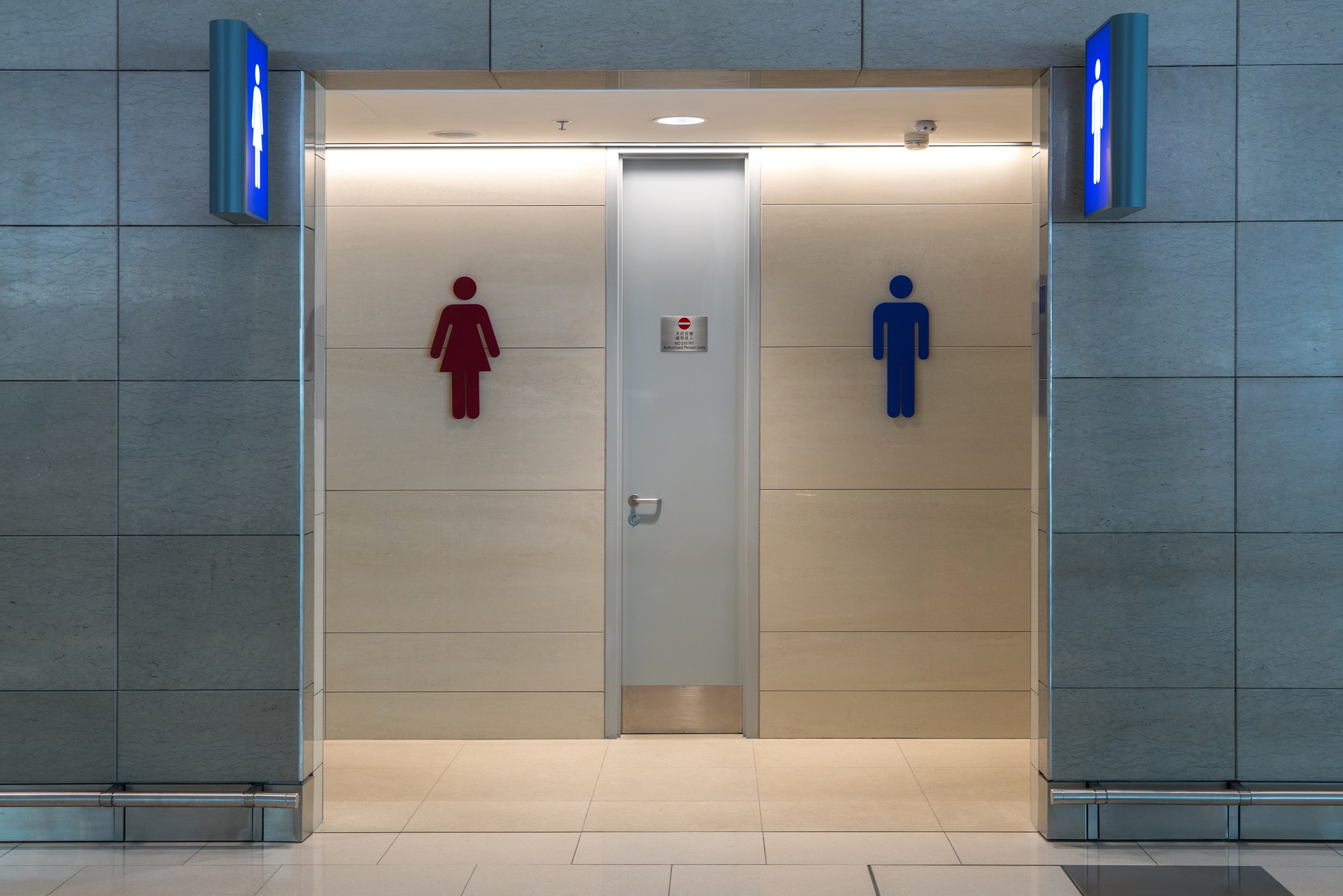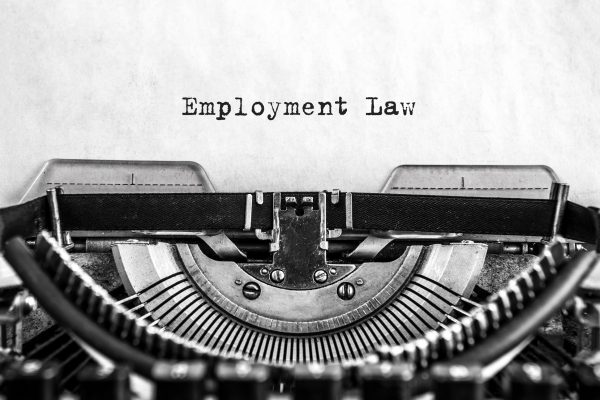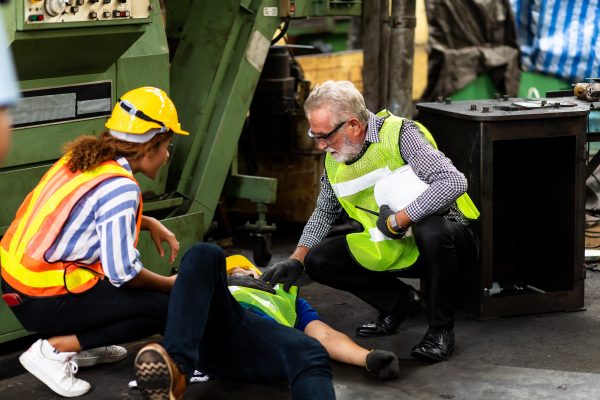Many of us never thought we would see the day when using a public toilet or the toilet at work would be a controversial or uncomfortable experience that it can now be due to identity politics and some abstract reinterpretations of the meaning of words and ignorance of the law in general.
The Workplace (Health, Safety and Welfare) Regulations 1992 set out statutory obligations to provide separate male and female toilet facilities for employees.
Where there are separate rooms lockable from the inside, the legislation allows for those rooms not to separate the sexes.
Earl Shilton Town Council offered female employees joint use of the men’s toilets as the only women’s toilets were shared by a playgroup and Ms Miller, an office town clerk, had to ask playgroup staff for permission who would then have to check that no child was using the toilets at the time.
The men’s toilets, which Ms Miller was offered the use of, comprised a single cubicle and a “trough urinal”. The exterior door of the toilet block had no lock. A warning sign could be affixed to the door when women were using it, but it often did not remain in place. Men could, of course, use both the urinal and the cubicle. Obviously, women could only use the cubicle, and Ms Miller ran the risk of being confronted by a man using a urinal either on opening the door to the block or on coming out of the cubicle.
There was initially no sanitary bin provided, although one was eventually added. It was only emptied though, if Ms Miller made a specific request. Eventually, a lock was also added to the exterior door so that a person using the toilet could stop others from entering the room, but for several months, Ms Miller had to suffer the indignity of the risk she might be faced with a male using the urinal.
In January this year, Ms Miller took Earl Shilton Town Council to the Employment Tribunal and they agreed she was treated less favourably based on her sex. The council appealed and the Employment Appeal Tribunal (EAT) dismissed their appeal. They agreed that Ms Miller had suffered a detriment in being at risk of seeing a man using the urinal when she wanted to go to the toilet (worse than a man entering the toilet and seeing this) and in her sanitary disposal needs not being met. The EAT was satisfied it was a detriment inherent in her being a woman provided with those toileting facilities, which were lesser than the provision for the men, and hence that the test for direct discrimination was met.
The EAT did note that it might be that a man could also claim direct sex discrimination on the basis that the arrangements treated him less favourably due to the risk of being walked in on by a woman whilst using a urinal, but this potential did not impact on the validity of Ms Miller’s claim.
It’s hard to imagine this sensible judgment was not a relief for all the employees involved in the use of these toilets. Many males require the privacy of toilets away from females, as well as the other way around, and anatomy dictates that privacy and adequate sanitary provision are made available to females separately from males – as does the law.

One of the largest independent specialist motor trade brokers in the UK. Our extensive history of supplying insurance to the motor trade means we understand your business needs. By partnering with a specialist insurance broker like us, you get exactly what you need to protect your business.








